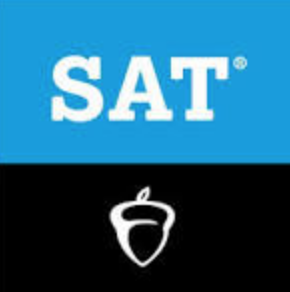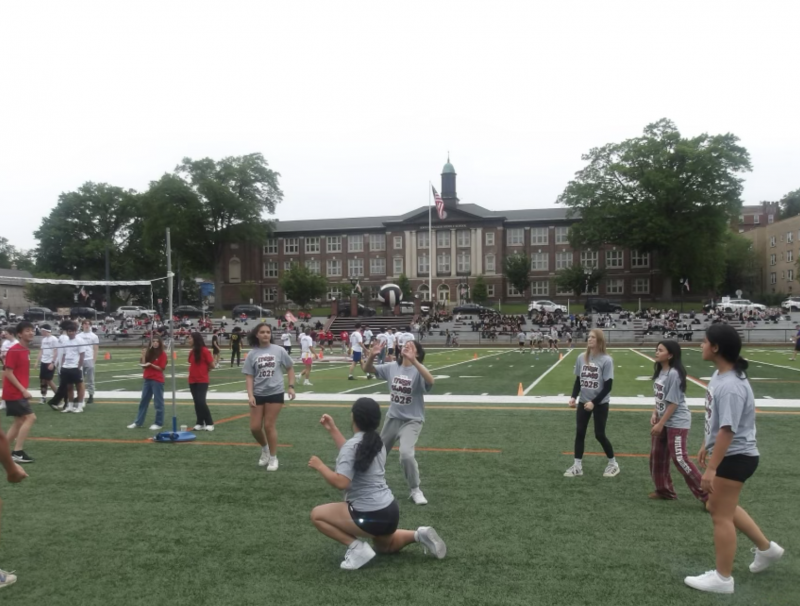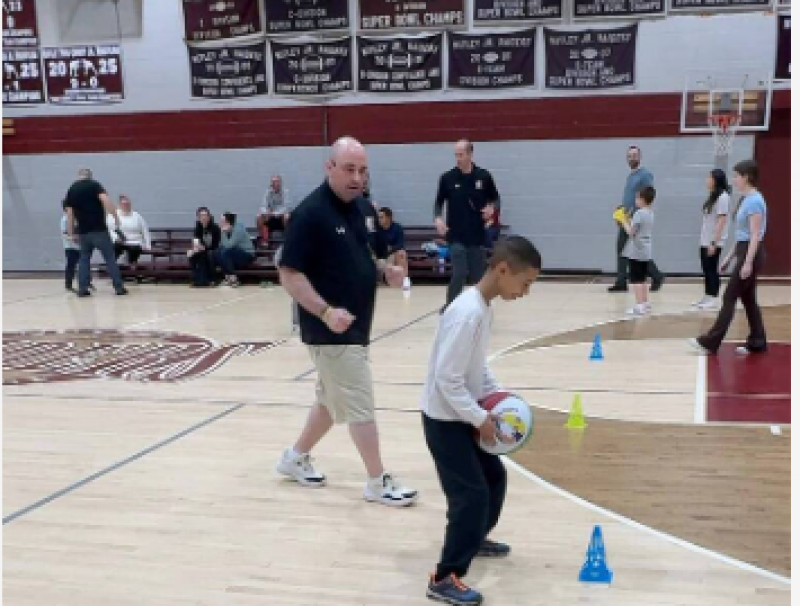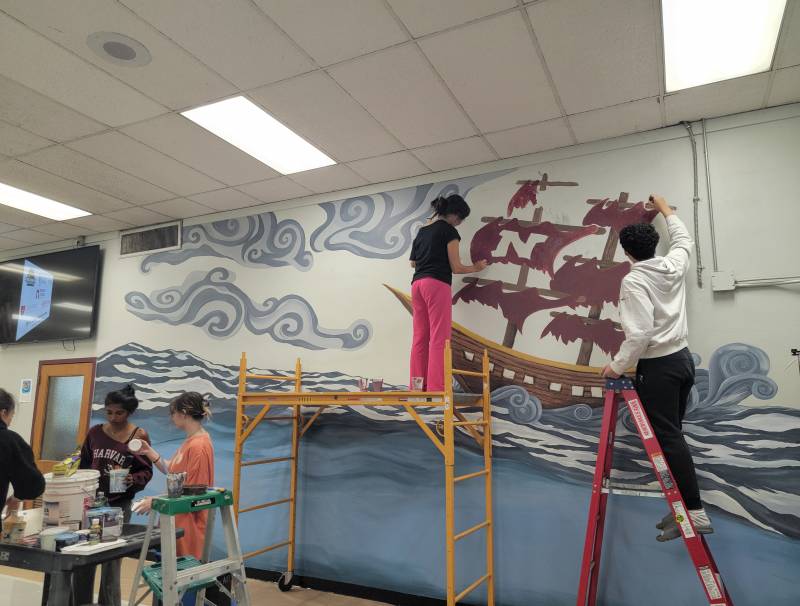How are the SATs Taking Place During COVID?
Junior year is often referred to as the hardest and most stressful year of high school. It is a year that’s filled with preparing for the next step into the future, and for many that regards college. Juniors are on the constant grind to focus on the different steps they have to take towards their future education. The SATs are usually taken junior year of high school, where students study and use preparation courses to get their goal score. COVID-19 has affected not only how students are taking it, but how College Board is executing the SAT this year.
Along with the school shutting down last March, students at NHS started the 2020-2021 school year from home, continuing with hybrid into the fourth marking period. Doing virtual schooling for over a year has affected the way students are learning and retaining information.
For many juniors, they were stressed that virtual school would affect how they prepare and how well they would do on the SAT. “ I felt very unprepared for the SAT,” admits Natalie Spina, a junior at NHS. “I feel if we were in school, I would feel much better and more confident going in because sitting at a desk for 3 hours uninterrupted is something all students have not experienced in a very long time.”
Due to virtual school, many students have lost the ability to focus and concentrate on their work for periods of time. Also due to the pandemic, juniors were unable to take the SAT preparation course NHS usually holds every year. “It was stressful having to prepare on my own,” explains Samantha Tucholski, a junior at NHS. “We were supposed to have SAT prep classes in the beginning of the school, but because of school being virtual we were unable to take that course. That course would have been a big help.”
Although NHS was unable to provide the SAT preparation course in the school, a virtual course was able to take place in March. Twice a week, students were able to join a Google Meet where teachers were able to give tips and strategies to prepare students. “I did use the virtual course and I believe it was very helpful,” says Natalie Spina. “ I took the PSAT in the beginning of the year and didn’t do great on it because I had no previous preparation or what to expect. The course helped me relearn information I had forgotten about, but I wish it was in person because learning in a classroom is easier and forces me to pay attention and understand the material.”
Allison Huelbig, a junior at NHS, also took the virtual course and explains, “I did think it was kind of helpful, but the in person class probably would have been a lot better. Having it at night after a day of school and sports made me less motivated.” For some students, doing a virtual course was difficult and not as effective for themselves in which many chose other options to prepare. Samantha Tucholski, who did not use the virtual course explains, “I had taken the SAT in March so I felt it was unnecessary to take the class after I had already taken the test. I had prepared for it on my own by using Khan Academy. I think it would have been more useful to offer the preparation course earlier.”
College Board made it a requirement to do their best to keep students safe while testing, and made multiple test dates available for students. Students are required to sign up for a test date at a specific testing center and limiting students to keep students socially distanced. “I took the SAT in December and March, and both times the testing centers provided a safe atmosphere to take the test,” says Caroline Warburton. “The desks were spread out and students' seats were staggered so it ensured everyone was no less than six feet apart. Also we are told to stay at our assigned desks and keep a mask on at all times.” Students were also required to answer a COVID screening questionnaire before entering the testing center, trying their best to reassure student’s safety.
Although students are able to take the SAT this year, colleges and universities are keeping in mind how challenging and unexpected the past year has been for students. Many colleges, even before the pandemic, started to become test optional meaning that students could choose whether or not they wanted to submit their SAT/ ACT scores. Due to the pandemic, more schools have been switching to test optional and gearing their attention towards the applicant's high school record as the most important criteria. “After hearing most of the schools are test optional this year, it made me feel really relieved in a way because the SATS are so stressful,” says Allison Huelbig.
Many students feel a weight taken off their shoulders when finding out that most colleges are more focused on other aspects of their application. “It takes away the stress of applying to college and makes the experience so much better and more exciting,” explains Natalie Spina. “The fact that schools have gone test optional makes me feel better about taking the SAT and takes away the pressure of having to get a good score to get into college. For me test taking is not my strong suit so knowing that almost all schools are test optional makes me feel much more excited for my future.”
Many students struggle with the stress of test taking, and do not feel that a test score represents their academic ability. Test optional schools are helping juniors to be able to focus and strengthen their GPA, extracurriculars, college essay, and other components of their college application. “Being that the pandemic caught everyone by surprise, it left a lot of students with missed opportunities, some of which being the SAT, as well as the preparation that goes with it,” says Caroline Warburton. “This does affect the way that I feel about the SAT because it is reassuring to students, like myself, that students other strengths and knowledge can get you into college even without a test score.”
Although the SAT/ACT tests are continuing throughout the pandemic, it has become less relevant in determining students' futures.












